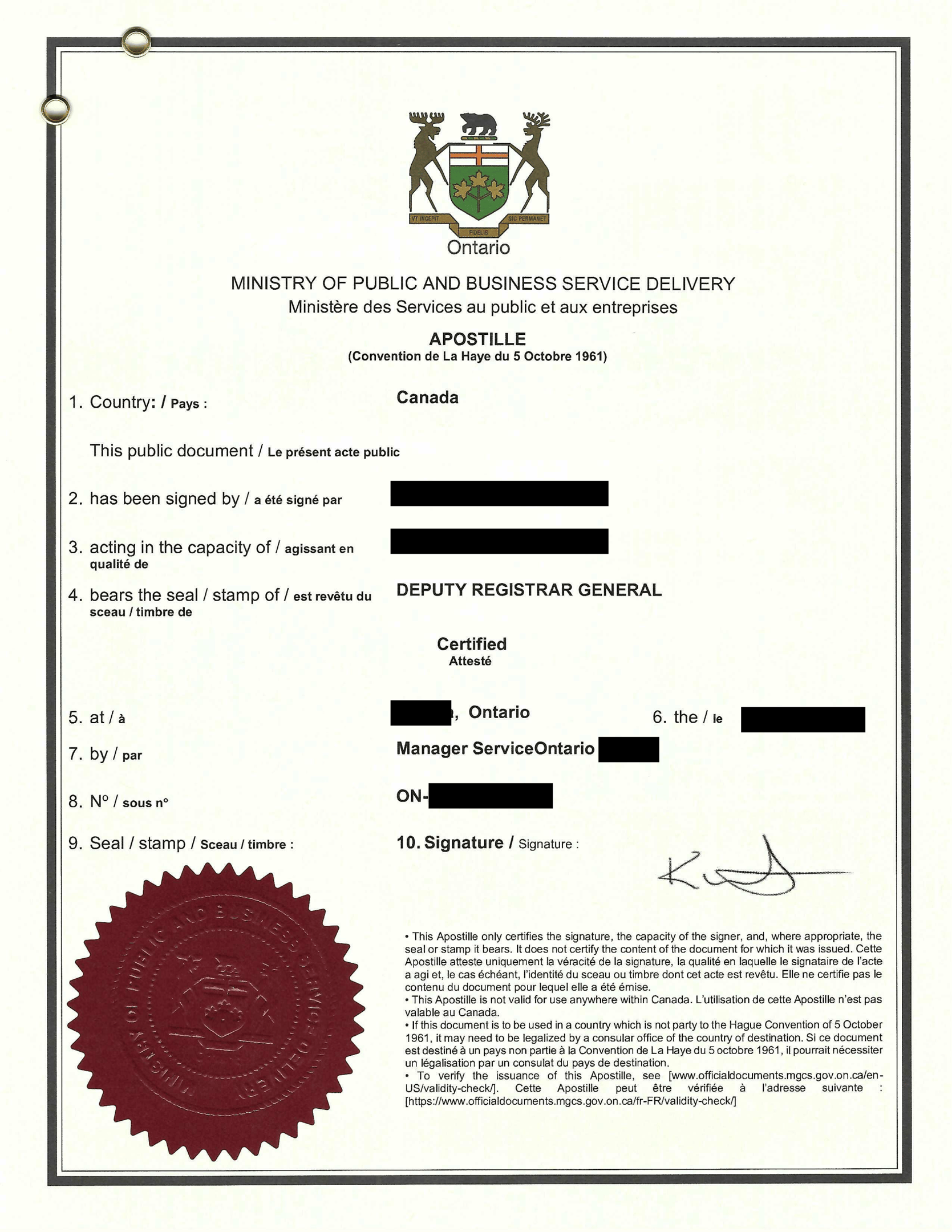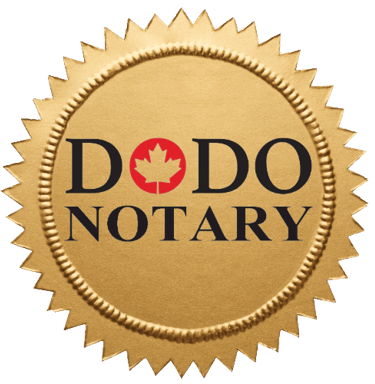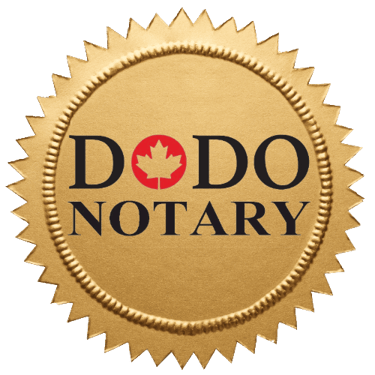How to Get Ontario Documents Apostilled or Authenticated from Outside of Canada
Once a document is apostilled in Canada, it can be accepted in any of the over 120 countries that recognize the apostille, streamlining the usage of such documents across borders.
Hanshah
6/24/20253 min read


Understanding Apostille vs. Authentication/ Legalization
The terms "apostille" and "authentication" or "legalization" refer to two distinct processes used to verify the validity of documents for use in foreign countries. Understanding the differences between these processes is critical for individuals living outside of Canada who need to ensure that their Ontario-issued documents meet the necessary legal requirements for international use.
An apostille is a specialized certificate that authenticates the origin of a public document, such as birth certificates, marriage licenses, or educational diplomas, according to the Hague Convention of 1961. This method simplifies international document verification for the member countries of the convention, eliminating the need for further legal processing. As a result, once a document is apostilled in Canada, it can be accepted in any of the over 120 countries that recognize the apostille, streamlining the usage of such documents across borders.
On the other hand, authentication (often referred to as legalization) pertains to a more extensive process applicable to countries that are not members of the Hague Convention. This process typically requires several steps, including certificate issuance by provincial or territorial authorities, followed by authentication by Global Affairs Canada, and finally a legalization process through the embassy or consulate of the destination country. Such countries often require additional verification to confirm the signature and seal on documents, making authentication a more time-consuming procedure than apostilling.
In summary, while both apostille and authentication serve the purpose of validating documents for international use, they cater to different groups of countries and legal frameworks. For Ontario residents abroad, grasping these differences is essential to effectively navigate the complexities of document preparation and ensure compliance with foreign requirements.
Required Documents for Apostille and Authentication
When seeking to have Ontario documents apostilled or authenticated from outside of Canada, it is crucial to understand which documents can be processed and the necessary requirements involved in this procedure. Various Ontario-issued documents qualify for apostille and authentication, including birth certificates, marriage certificates, diplomas, and affidavits. Each of these documents serves distinctive purposes and may require specific attention when preparing for the authentication process.
To begin with, a birth certificate is an essential record that verifies an individual's identity and citizenship. For the apostille process, it is imperative to ensure that the birth certificate is an official copy, which may need to be notarized prior to submission. Similarly, marriage certificates must also be original documents or officially certified copies to verify the legitimacy of the marriage.
Educational institutions often issue diplomas, which may be necessary for various purposes such as employment or further education abroad. To have a diploma apostilled, individuals must provide the institution's official seal and signature, corroborating the document's authenticity. Notarized copies of diplomas are generally required as well.
In addition to the primary documents, it is also essential to gather supporting materials to facilitate a smooth authentication process. This may include personal identification documents like a passport or government-issued ID, and in some cases, a letter explaining the reason for the apostille. The specific requirements can vary depending on the destination country, making it essential to research their regulations thoroughly.
Before submission, confirming that all documents are in the correct format—often notarized copies—is paramount. Ensuring all requirements are met can significantly reduce processing time and minimize potential delays. Carefully preparing the necessary documents will streamline the apostille and authentication process, allowing for safer and more efficient handling of important Ontario documents.
The Process of Apostilling or Authenticating Documents from Abroad
Obtaining an apostille or authentication for Ontario-issued documents while residing outside Canada involves several important steps. The initial phase requires identifying the correct authorities that manage the apostille process, primarily the Ontario Ministry of Public and Business Service Delivery (formerly known as Ministry of Government and Consumer Services). You must first verify whether your destination country is a member of the Hague Apostille Convention, as this will determine whether your documents require an apostille or full authentication and legalization.
Ordinarily, Ontario’s Official Documents Services (ODS) takes about 15 to 20 business days to process apostille certificates. However, when you work with Dodo Notary, we can often expedite this process and get your Ontario documents apostilled within just a few days. If you’re in urgent need, we also offer rush apostille services, with turnaround in as little as 1 to 2 business days. This is especially beneficial for clients outside of Canada who are dealing with visa appointments, legal matters, or job offers with tight deadlines.
At Dodo Notary, we offer complete end-to-end support for clients abroad, including:
Reviewing your documents for eligibility
Providing notarization services if required
Submitting documents to ODS for apostille or Global Affairs Canada for authentication
Coordinating consular legalization for non-Hague countries
Handling all communication and shipping logistics
Sending the completed documents back to your international address securely
Whether you’re dealing with personal documents, academic credentials, or legal paperwork, our team ensures everything is processed accurately and quickly.
If you are applying for apostille from a Hague Convention member country, you will typically receive an apostille certificate upon a successful request. For countries not part of the convention, you may need to follow a more complex authentication procedure, which could involve additional authorities, such as Canadian embassies or consulates in your locality. Ensure you ask about the specific requirements your home country may impose, as guidelines may vary significantly.


